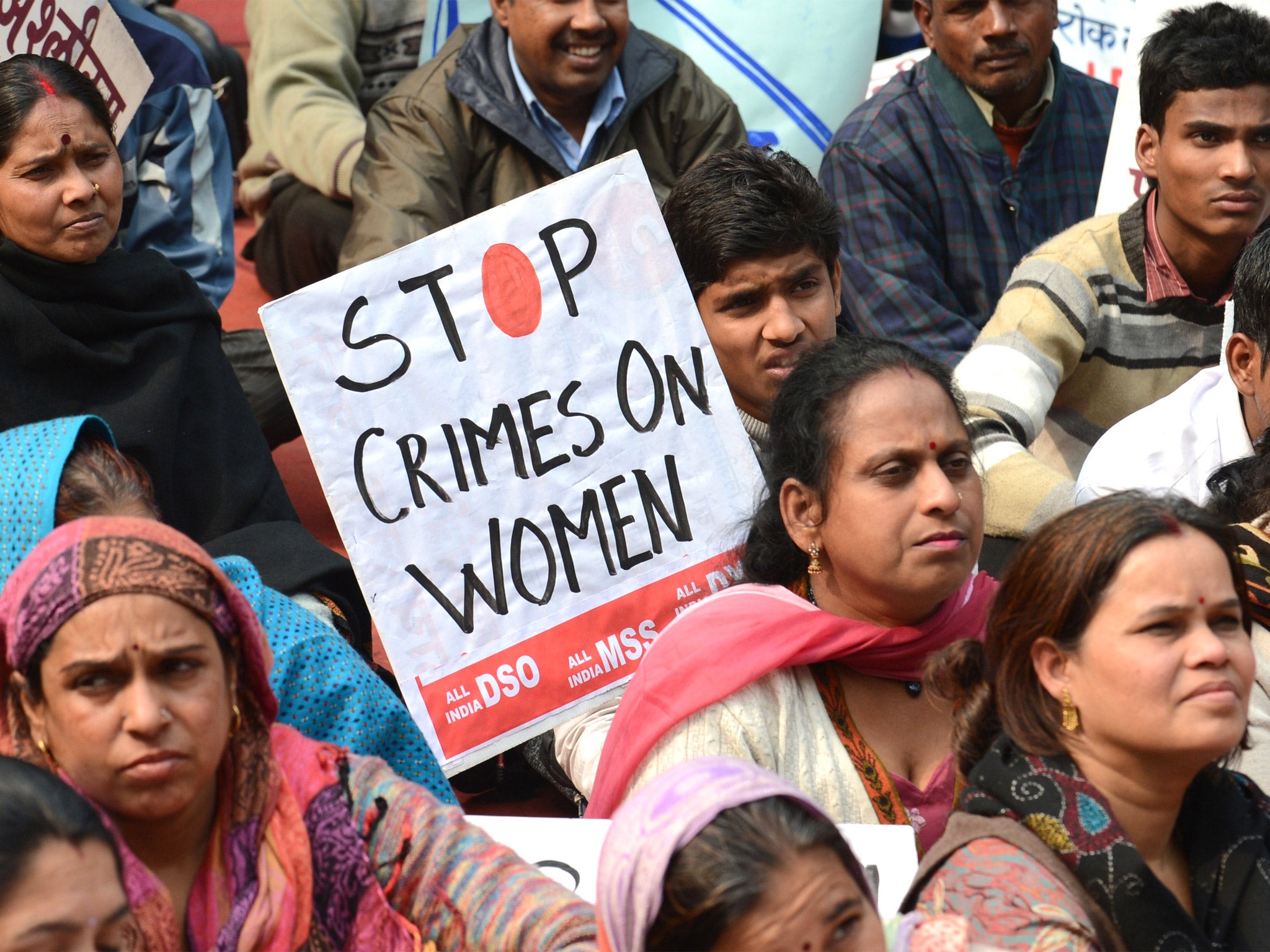
Your support helps us to tell the story
From reproductive rights to climate change to Big Tech, The Independent is on the ground when the story is developing. Whether it's investigating the financials of Elon Musk's pro-Trump PAC or producing our latest documentary, 'The A Word', which shines a light on the American women fighting for reproductive rights, we know how important it is to parse out the facts from the messaging.
At such a critical moment in US history, we need reporters on the ground. Your donation allows us to keep sending journalists to speak to both sides of the story.
The Independent is trusted by Americans across the entire political spectrum. And unlike many other quality news outlets, we choose not to lock Americans out of our reporting and analysis with paywalls. We believe quality journalism should be available to everyone, paid for by those who can afford it.
Your support makes all the difference.Veterans of the Drip know we do like a bit of Thomas Friedman, the moustachio'ed sergeant major of the New York Times' op-ed pages. This week, on his annual pilgrimage to India, he reflects on three countries with a very different relationship between state and society.
His thesis is pretty convincing, don't you think?
"India has a weak central government but a really strong civil society, bubbling with elections and associations at every level. China has a muscular central government but a weak civil society, yet one that is clearly straining to express itself more. Egypt, alas, has a weak government and a very weak civil society, one that was suppressed for 50 years, denied real elections and, therefore, is easy prey to have its revolution diverted by the one group that could organize, the Muslim Brotherhood, in the one free space, the mosque. But there is one thing all three have in common: gigantic youth bulges under the age of 30, increasingly connected by technology but very unevenly educated."
And he adds: "My view: Of these three, the one that will thrive the most in the 21st century will be the one that is most successful at converting its youth bulge into a “demographic dividend” that keeps paying off every decade, as opposed to a “demographic bomb” that keeps going off every decade. That will be the society that provides more of its youth with the education, jobs and voice they seek to realize their full potential."
Join our commenting forum
Join thought-provoking conversations, follow other Independent readers and see their replies
Comments